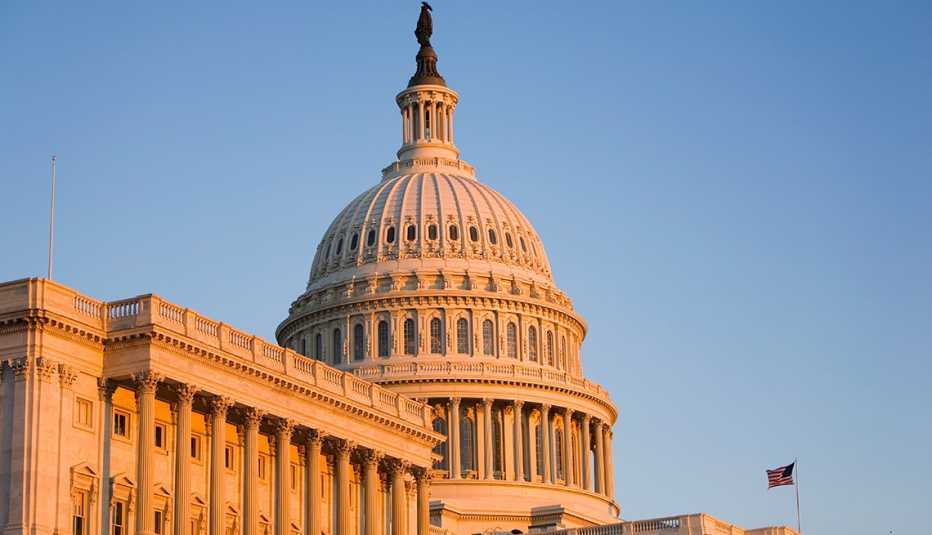Staying Fit


The future of the nation’s health care system continues to be a moving target as senators prepare to vote early next week on whether to debate a measure that would substantially repeal the Affordable Care Act (ACA).
If the vote to debate were to pass, Senate Majority Leader Mitch McConnell (R-Ky.) said he would immediately bring to the floor the “repeal and delay” bill that Congress passed in 2015, which President Obama vetoed. That measure, recently reintroduced as the Obamacare Repeal Reconciliation Act, would repeal the ACA but postpone the rollback for two years.


AARP Membership— $12 for your first year when you sign up for Automatic Renewal
Get instant access to members-only products and hundreds of discounts, a free second membership, and a subscription to AARP the Magazine.
While the repeal is delayed, the bill would cause millions of Americans to lose coverage in the first year. Premiums would skyrocket. A repeal and delay bill already has met with resistance on both sides of the aisle.
“We strongly oppose the repeal of the Affordable Care Act and believe it's time for Congress to start a bipartisan effort to lower health care costs, improve quality and provide affordable coverage to all Americans,” said Nancy LeaMond, AARP executive vice president and chief advocacy and engagement officer. “We urge all senators to vote ‘no’ on repeal and go back to the drawing board and develop a better plan to improve health care for all.”
Under the Obamacare Repeal Reconciliation Act, health insurance premiums would double by 2026, and Americans would find it harder to get individual insurance. The measure also eliminates the tax credit and cost-sharing subsidies that help Americans pay for their insurance premiums.
The bill would leave 17 million more Americans uninsured and 32 million more people without coverage by 2026, according to a new analysis by the nonpartisan Congressional Budget Office.
The CBO also estimated that the bill would destabilize insurance markets and that by 2026 about three-quarters of the U.S. population would be living in areas where insurers no longer will be offering individual policies.
Dena Bunis covers Medicare, health care, health policy and Congress. She also writes the Medicare Made Easy column for the AARP Bulletin. An award-winning journalist, Bunis spent decades working for metropolitan daily newspapers, including as Washington bureau chief for The Orange County Register and as a health policy and workplace writer for Newsday.


































































More on Politics
Big Changes Coming to Medicare Part D Plans
Inflation Reduction Act limits out-of-pocket drug costs, caps insulin copays, makes vaccines free
The Biggest Changes Coming to Medicare in 2023
The new year brings a cap on insulin copays, free vaccines, lower premiums and more
Retirees, Medicare Enrollees Will Benefit From Spending Plan President Signs
New law features AARP-backed gains in financial security, Social Security funding and telehealth